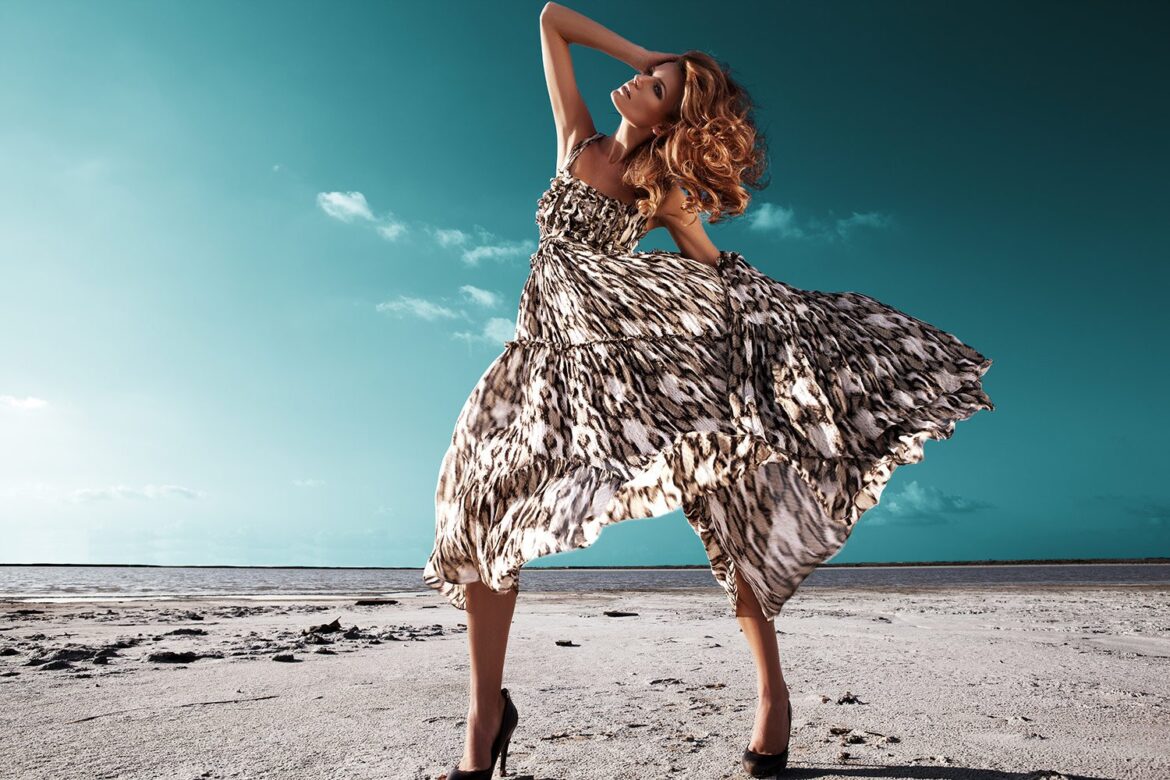The Rise of Beauty Unicorns
Once upon a time, beauty was all about lipstick counters, glossy magazine ads, and celebrity spokesmodels. Fast forward to today, and the industry is being shaken up by “unicorns”—privately held startups valued at over $1 billion. These companies aren’t just disrupting the shelves of Sephora; they’re rewriting the rules of how beauty is marketed, sold, and experienced.
Brands like Glossier, Charlotte Tilbury, Huda Beauty, and Rare Beauty have proven that with the right mix of community, storytelling, and digital-first strategies, it’s possible to leap from niche cult-following to billion-dollar valuation almost overnight.
Community, Not Just Consumers
Traditional beauty giants relied on big ad budgets. Unicorns? They rely on community. Glossier famously built its empire on blog readers and Instagram fans, treating them like co-creators rather than buyers. Similarly, Huda Beauty leveraged founder Huda Kattan’s YouTube tutorials to transform followers into loyal evangelists.
Instead of glossy billboards, unicorns thrive on user-generated content, authentic reviews, and viral TikToks. This democratization of beauty marketing has created spaces where customers feel they belong, not just shop.
Diversity and Inclusivity as Power Moves
Unicorns are also rewriting beauty standards. Fenty Beauty, Rihanna’s billion-dollar juggernaut, redefined inclusivity by launching 40 foundation shades at once, forcing legacy players to play catch-up. This bold move showed that representation sells—and it sells big.
By championing inclusivity, these brands are not only addressing underserved markets but also aligning themselves with the values of younger, socially conscious consumers.
Tech Meets Beauty
The new unicorns aren’t just about products—they’re about experience. Augmented reality (AR) try-ons, AI-powered skin analysis, and hyper-personalized shopping experiences have made beauty more interactive than ever. Brands like Perfect Corp and Il Makiage are leading with technology that lets you virtually test a lipstick shade before buying it.
In a post-pandemic world where e-commerce dominates, this fusion of tech and beauty is proving to be the billion-dollar edge.
The Global Stage
From Seoul to São Paulo, unicorns are also going global faster than their predecessors. Korean beauty startups (K-beauty), for example, have driven billion-dollar valuations by exporting their innovation-first approach—think snail mucin serums, glass skin, and cushion compacts.
With Gen Z and millennials shopping globally via e-commerce platforms, beauty unicorns are not bound by borders—they’re born international.
What’s Next?
The next wave of beauty unicorns may not look like makeup brands at all. Expect wellness-focused hybrids—companies blending skincare, supplements, and even mental health—to dominate. Think: beauty that starts from the inside out.
SundayFunday Takeaway
Billion-dollar unicorns aren’t just selling lipsticks or serums—they’re selling identity, inclusivity, and innovation. They’ve turned beauty into a conversation rather than a monologue, and that’s why they’re winning.
The beauty counter has officially gone digital, diverse, and billion-dollar bold—and there’s no going back.
Last Updated on 7 months ago by %Sunday funday%
